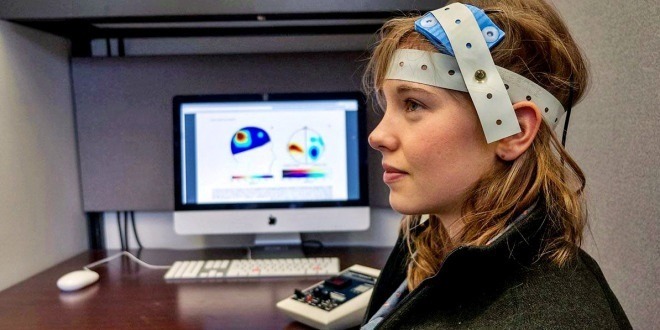Posts Tagged ‘efficacy’
Transcranial Direct Current Stimulation shows early promise to ameliorate depression, especially if combined with other therapies and dosage optimized
___ Transcranial Direct Current Stimulation Promising for Major Depressive Disorder (Psychiatry Advisor): “Transcranial direct current stimulation (tDCS) is an investigative modality for major depressive disorder (MDD) that has shown some promising results. Though it has a while before it is approved by the US Food and Drug Administration, clinicians and patients have been clamoring for…
Read MoreStudy: Cognitive Behavioral Therapy (CBT) + Medication outperforms CBT alone to treat ADHD symptoms among adults. At the same time…
Although medication is the primary treatment for adults with ADHD, and has good empirical support, many adults would rather not take it. For these adults with ADHD, it would be helpful to know whether medication is likely to provide significant benefits above and beyond those they would gain from well-conducted therapy, or whether they are…
Read MoreNew Interview Series (Part 1 of 10): Why Care About Brain Fitness Innovation?
Here is a series of interviews on brain fitness and brain development. Read these interviews and take action on your brain development.
Read More


